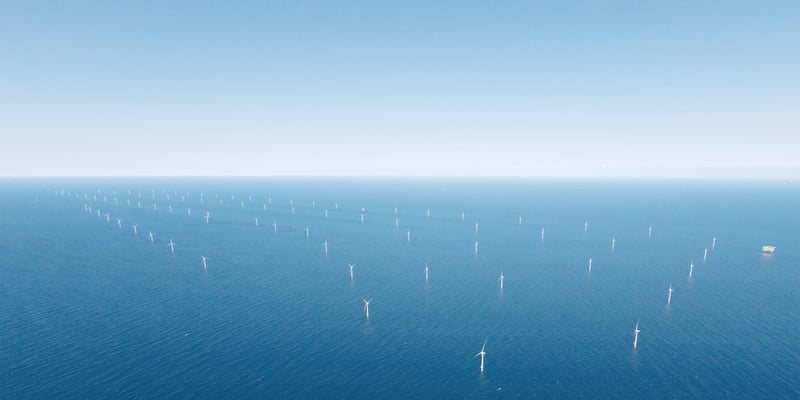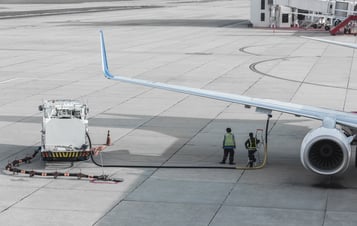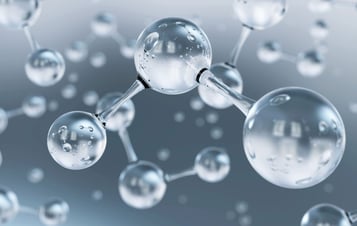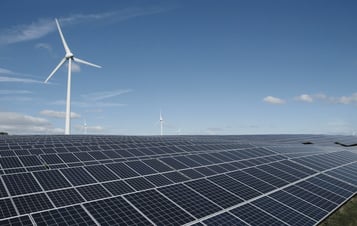St1 and Vattenfall analyse opportunities related to fossil-free fuels
Vattenfall and St1 have conducted a feasibility study on the production of synthetic electrofuel (eSAF), with the aim of looking at the full value chain for the production of electrofuel.

The learnings we have gained from our work have led us to conclude that the eSAF market is likely to take off later than previously anticipated. Vattenfall and St1 are closely monitoring the market development and potential opportunities.
Around 60% of Sweden's greenhouse gas emissions come from industry and transport. Vattenfall works closely with industry to enable both direct and indirect electrification using fossil-free electricity and hydrogen. The Swedish west coast offers strong potential for decarbonisation, particularly in refining and petrochemicals.
Related content

Large-scale production of electrofuel is an opportunity for the aviation sector.

We are developing solutions to decarbonise industry through fossil-free hydrogen.

Together with partners LKAB and SSAB we are working towards fossil-free steelmaking.



